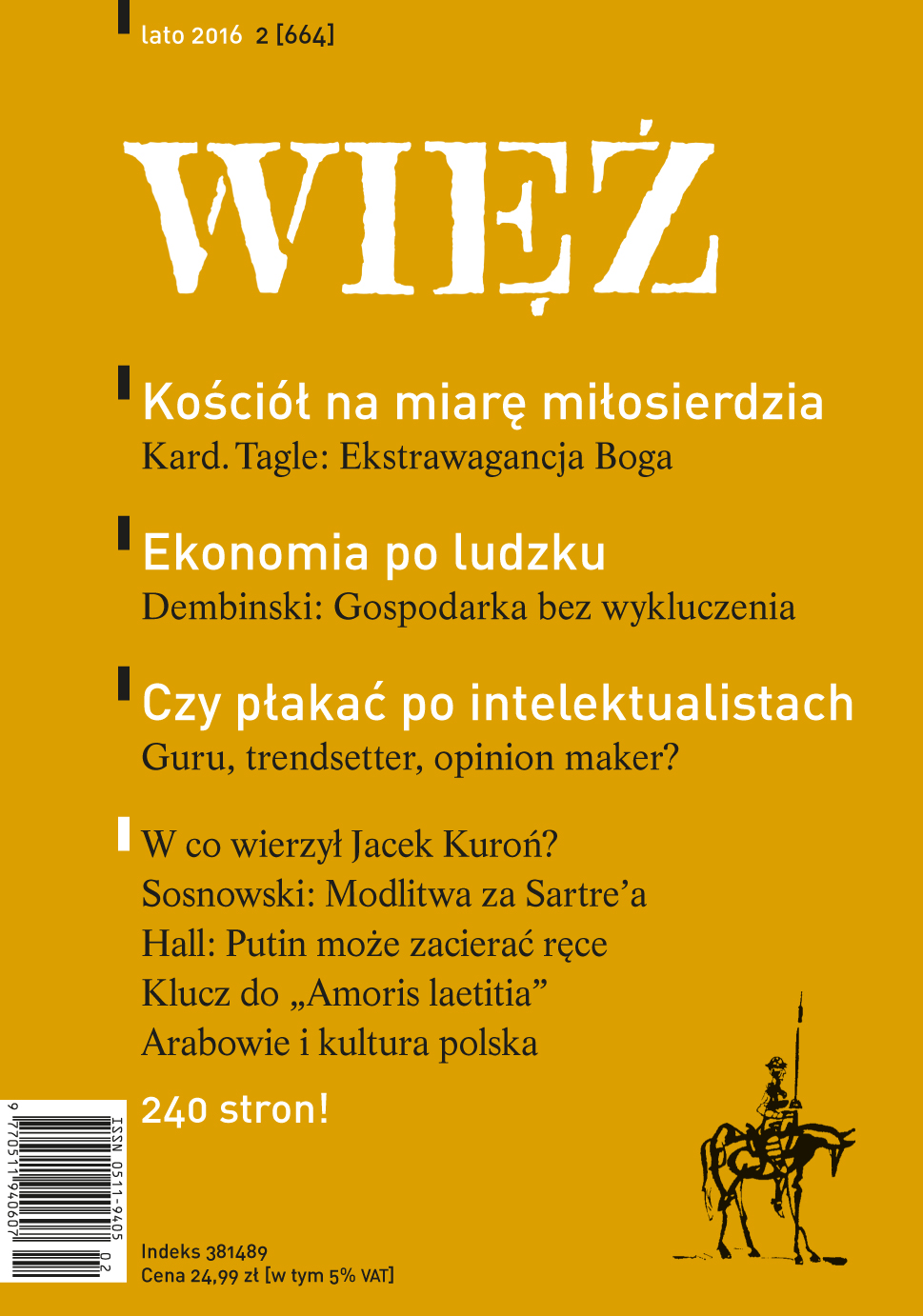
We kindly inform you that, as long as the subject affiliation of our 300.000+ articles is in progress, you might get unsufficient or no results on your third level or second level search. In this case, please broaden your search criteria.

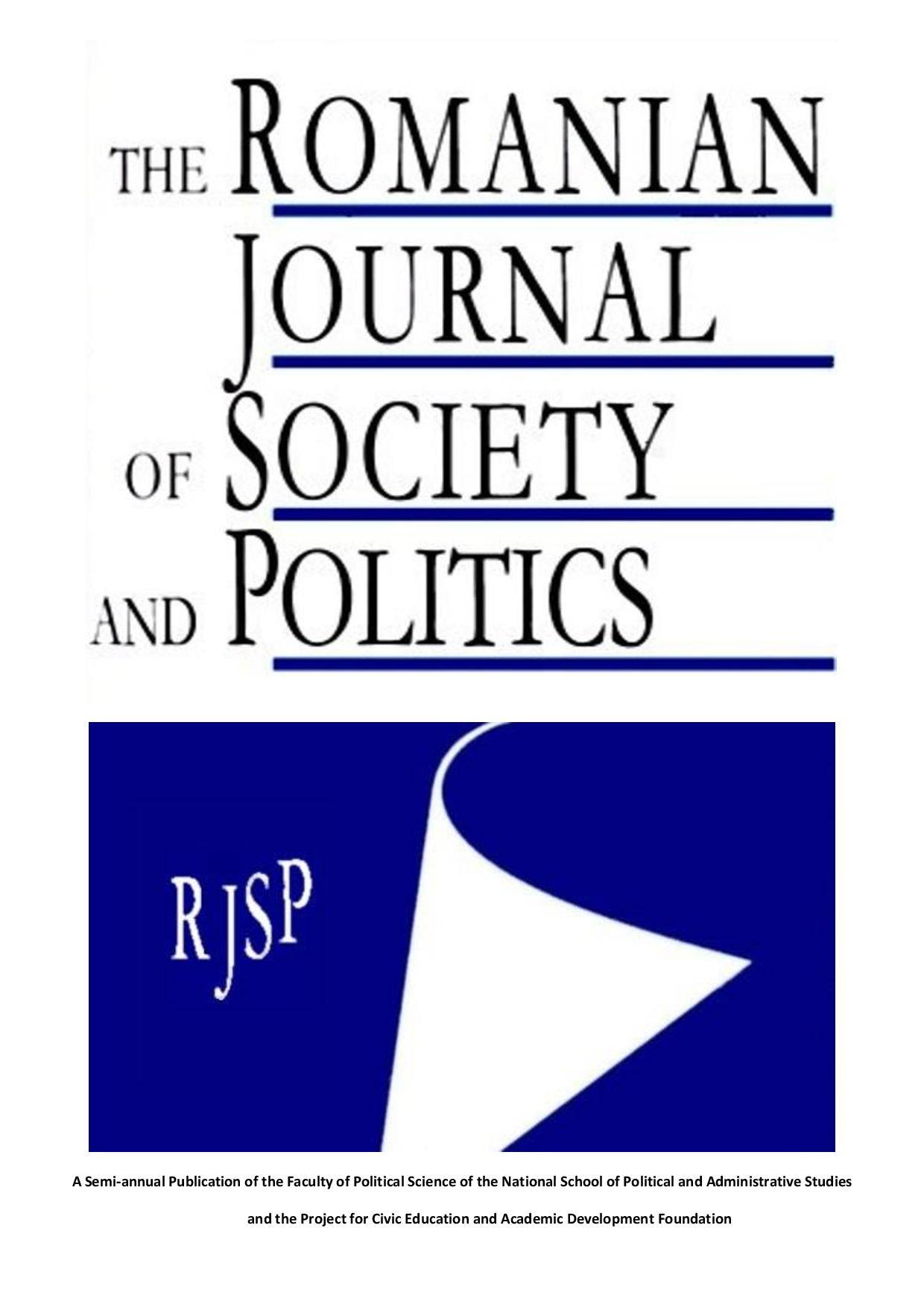
In this paper I investigate the phenomena of social mobility of women from patriarchal communities and the low rates of social upward mobility of women having an ethnic minority background. The aim is to identify the factors that influence access to higher education for Roma women living in Romania. I examine the interaction between social, economic, cultural and institutional factors. This paper offers a clearer understanding of the interconnections between different factors in the decision making of women from minority communities who seek a higher socio-economic status. The results of this research are based on empirical evidence through qualitative research. The paper has an interdisciplinary perspective, though the main approach derives from sociology and political science (policy analysis). An important input in this research comes from a gender studies perspective, especially related to the analysis of the intersection between gender, class and ethnicity.
More...
Prolonged agitation for resource control in Nigeria’s Niger Delta has attracted increasing attention of academia and policy makers. Key issues are involved-fiscal federalism principles, resource control agitation strategies/intensities and politico-philosophical bases within constitutional and theoretical frameworks, past and present governments’ efforts aimed at resolving agitations by Niger Delta peoples for resource control have been examined from various traditional disciplinary perspectives in social sciences and humanities. This study explains conflicting postures of resources control,and dynamics of the struggle by applying fragments of the revolutionary Marxist ideology/ frameworks comprising Gramscian, Dialectical Materialism and the Frankfort School’s Critical Social and Neo-Marxist (conflict) theoretical perspectives espoused by Lewis Coser and C. Wright Mills. We argue that sections of Nigeria’s laws (the Constitution, and 1978 Land Use Act) that vested absolute land ownership/control authority on Nigeria’s Federal Government, among other obnoxious laws that promote marginalization of particular oppressed sections/strata of Nigeria’s population thereby provoking persistent conflicts, such laws are overdue for amendment. We recommend, among others, that: non-exploitative variety of federalism applied in Scandinavia (Norway), Switzerland, etc. should be implemented in Nigeria.
More...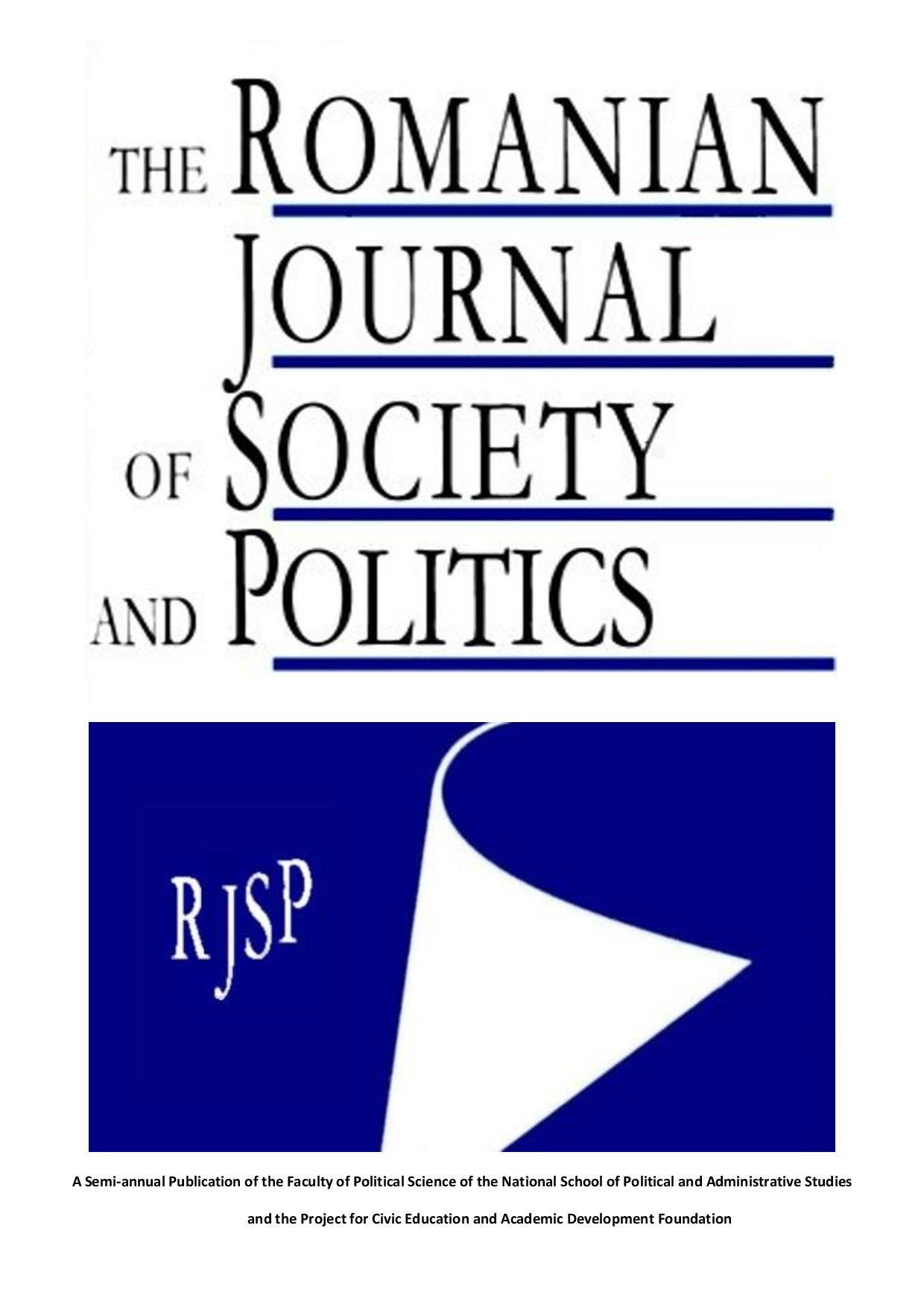
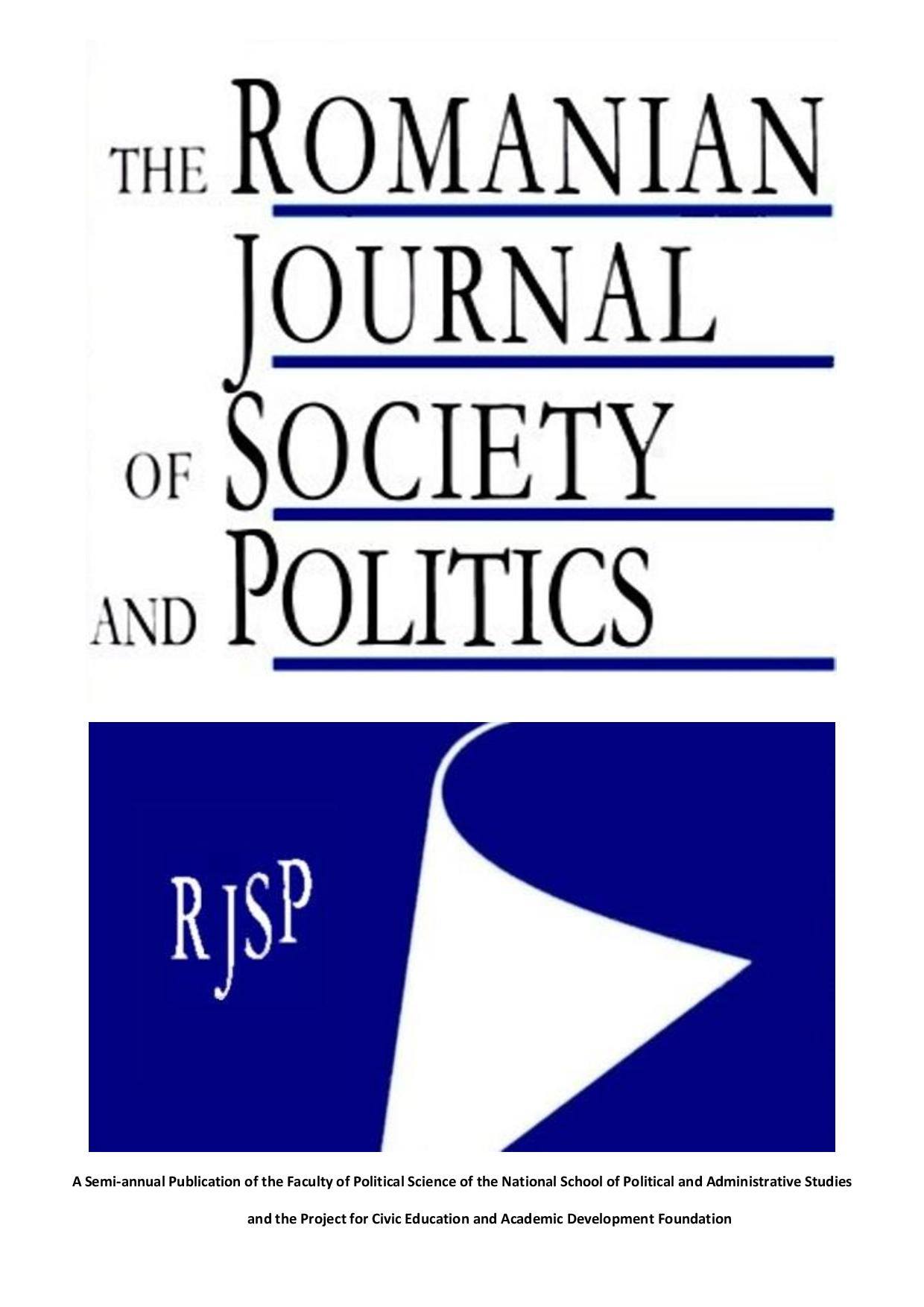
Research on the mechanisms, politics, and practices at work in the process institutionalization of women’s and gender studies in higher education in Central and Eastern Europe show a definite, albeit often uneven and sometimes precarious, dynamic of inclusion of this field of teaching and research, inside and outside officially recognized academic structures during the last two decades or so. In this article I investigate some of the institutional mechanisms, transnational higher education structures and interests, and personal investments and strategies that shape the current configuration of gender studies generally in higher education in Romania and particularly at the University of Bucharest. I argue that the inclusion of gender studies in higher education in Romania should be integrated within the larger, multiple and overlapping binds of national and transnational social, economic and political transformations started in the early 1990 s and accelerated at the end of the decade and especially at the beginning of the millennium. Within this framework, not only specific to the Romanian context, but, as shown in several studies, also to other Central and Eastern European countries, the annexation of gender-related concerns, equal opportunities legislation and gender studies as a valid field of teaching and research by various governmental and institutional agents in Romania could be read as part of the larger endorsement of the “democratization agenda.” However, it is necessary to understand these dynamics of institutional change and international financial and political interests as undoubtedly influencing local options and opportunities, but not always uniformly and unidirectionally informing the form and content of the teaching and research practices undertaken locally.
More...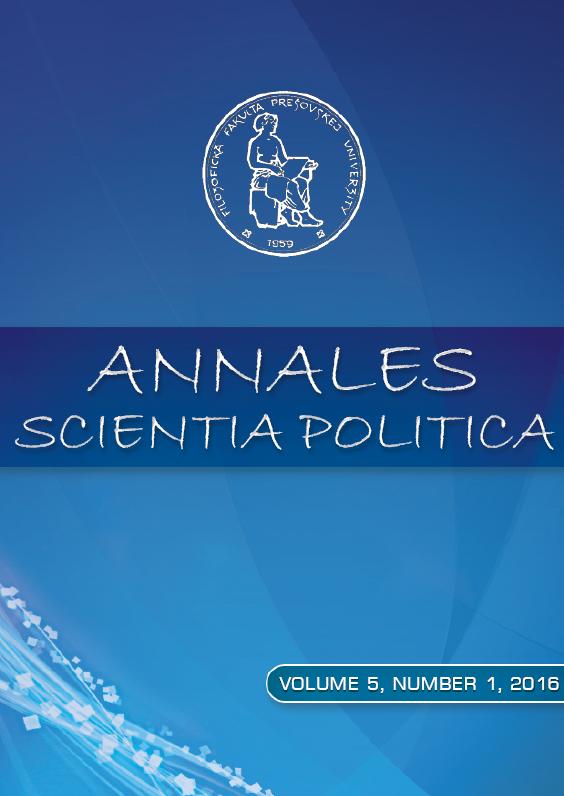
This article attempts to determine the extent to which the investigation in history of philosophy can produce beneficial impact upon the systematic (theoretical) philosophical enquiry. Taking the history of Russian philosophy as an exemplary domain, there will be an attempt made to propose certain metaphilosophical resolutions regarding the essence and the idea of social philosophy. This essay is aiming to take into consideration two essential problems: 1) the thesis about the primacy of social and historical thought that plays the predominant role in Russian philosophy; 2) departing from the political model of Eric Voegelin the concept of political gnosis will be proposed accordingly.
More...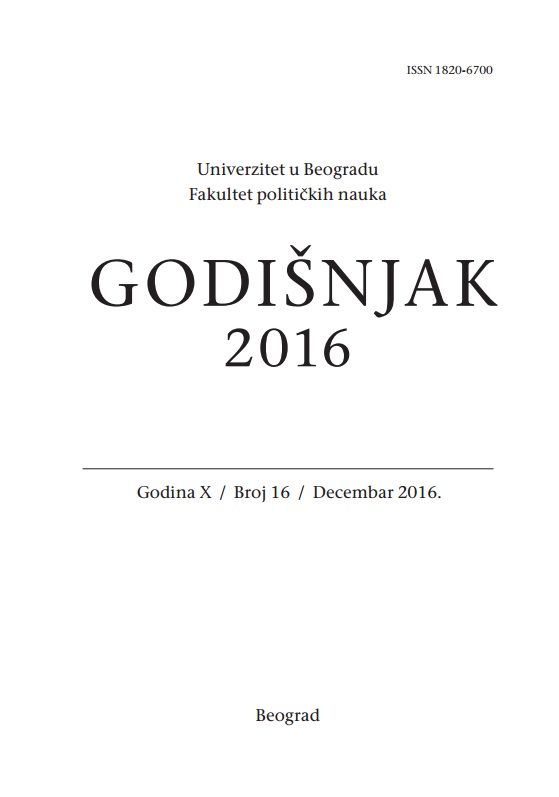
In the last decade of the 18th century, in the era of European radical change, Fichte again raised the question of the essence of man. He linked this issue with the development of culture, and approved its key importance for philosophy, science, national development. Following kant, Fichte speaks of human dignity, which is the ability to “use one’s own mind”. But, unlike kant, he emphasizes the role of freedom as a necessary condition for intellectual independence, humanitarian knowledge as a true form of its expression, and the value of activity as the true goal of a reasonable human being. Hence the important perfectionist thesis of Fichte: the ultimate destiny of man – to be a scientist, the ultimate purpose of the scientist – to know the man in his free activities. Modern discussion on freedom, relations of political-legal and moral norms, demonstrates the relevance of Fichte’s ideas.
More...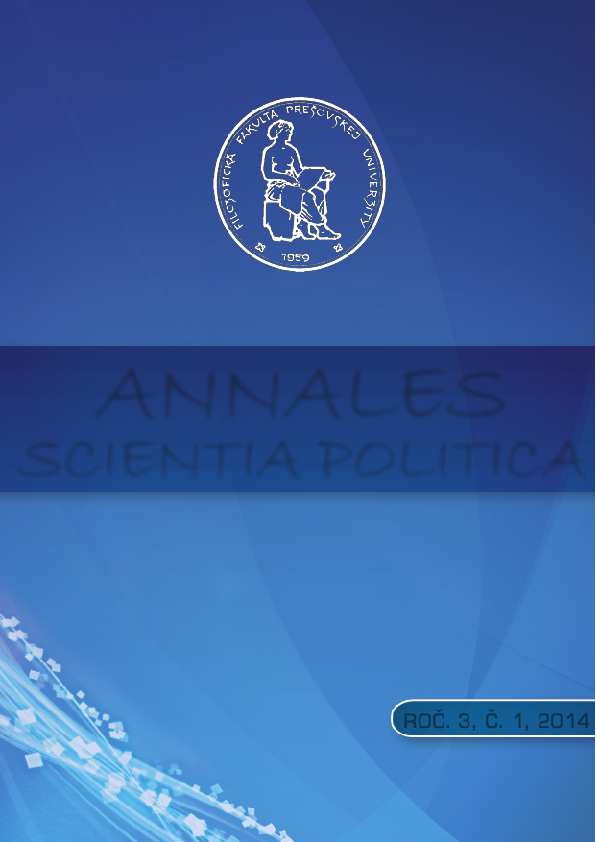
The submitted work has the ambition to get involved in the present discourse of education in the area of neoliberalism. Referring to the work of J. Habermas Wozu noch Philosophie?, the work attempts to present the topical nature of the legacy of this German sociologist and philosopher in the outlines discourse of neoliberal education. The work also attempts to map and confront opinions of current authors concerning applicability of Habermas’s ideas in the given discourse. The work also focuses on aspects of the discourse in the form of issues related to marketization and public interest in education.
More...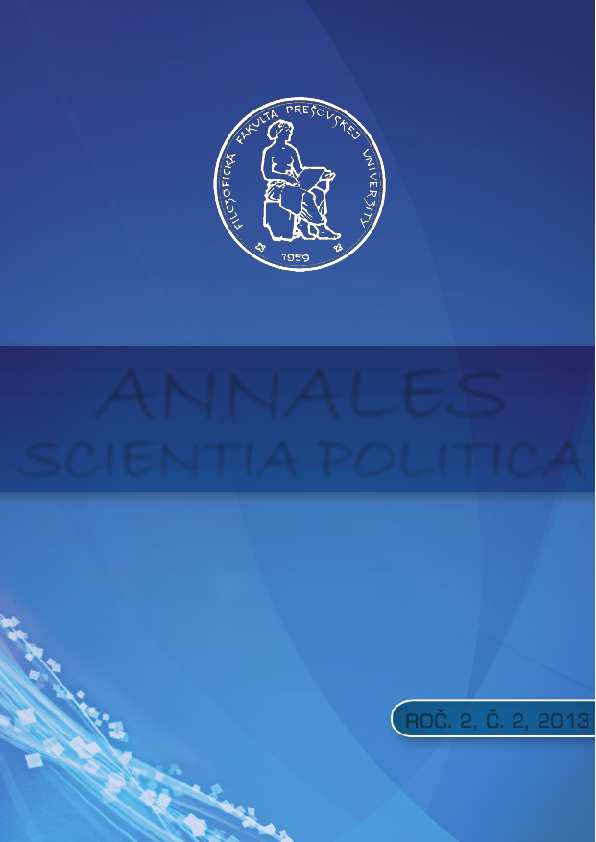
The study deals with moral philosophy of V. Solovjov. The author s present the option of Vladimir Solovyov about the ethics as a separate science and analyze his view on the fundamental question of ethics. They underline the original approach of V. Solovjov in addressing the main ethical issues and the contribution of this philosopher to the critical analysis of ethical idealism of Immanuel Kant
More...
The study analyzes the philosophical and cultural atmosphere of Middle Europe as observed by the Czech philosopher Vaclav Belohradsky. Writers and philosophers such as Robert Musil, Joseph Roth, Franz Kafka, Stephan Zweig, Ludwig Wittgenstein and others identified their personal and literary (literary-philosophical) lives with the historically unique and unrepeatable concept of Middle Europe. The Habsburg Empire of the 19th century embodied the epicenter of such uniqueness. The above-named philosophizing authors recognized the future European crisis in the agony of the multi-national empire, and the collapse of the Habsburg Empire in their works reflects the crisis of the occidental rationality. The hypertrophy of science, scientific rationality and its significance to the detriment of human life and emotions signifies that the rational, the order, legality and law take precedence over the spiritual. The culmination of this hypertrophy is reflected in the loss of personal responsibility for one’s actions – Robert Musil’s “The Man Without Qualities“ is born; in the present it is a person who “did not break the law“.
More...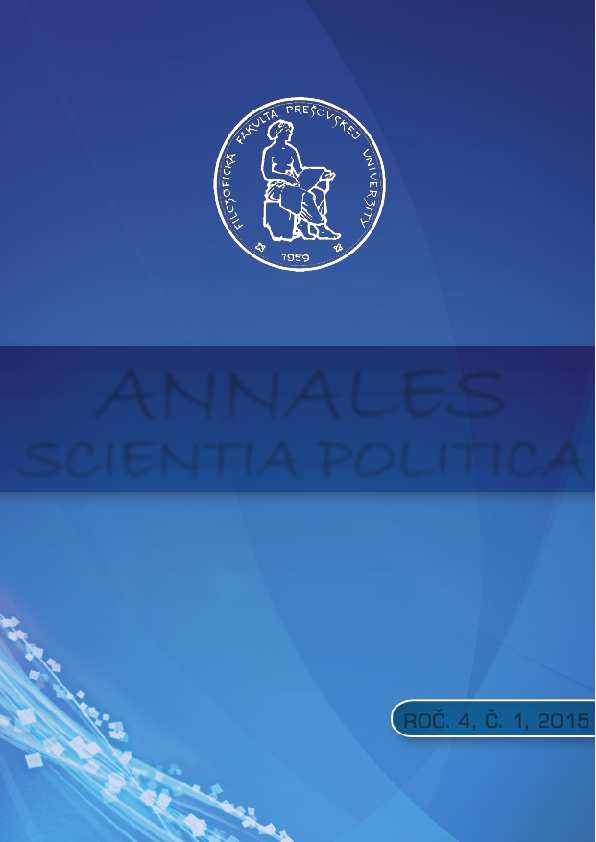
Searching for the solutions of societal crisis at the beginning of the 3rd millennium has been increasingly associated with the new paradigmatic perception of the reality of the world. This is closely related with an emphasis on the study of contextual relationships that would enable preservation of the integrity of the human community. One of the priorities of this process is the need for societal transformation of the perception of the relationship between egoism and altruism.
More...
The study examines the association between the ideology of multiculturalism and political correctness. The policy of multicultural correctness is becoming obsolete as a result of vanishing universal values and the need for trans-cultural harmony. Multiculturalism accompanies politically unlimited globalization where the criterion of social justice is replaced with the criterion of differentiation and where it is diminished to cultural differences. Multiculturalism as an emancipation tool may only function under the circumstances when human rights are treated primarily as social rights. The Islamism of the Western European ghetto abuses the disparity between the political and social rights. The return to the culture of the ancient homeland (=Islam) is a reaction to poverty and a form of protest against social powerlessness.
More...
Srećko Horvat / Igor Štiks, eds, Welcome to the Desert of Post-Socialism. Radical Politics after Yugoslavia, London: Verso, 2015, 288 pp., ISBN 978-1-78168- 620-1, € 25.49 Jan Zofka, Postsowjetischer Separatismus. Die pro-russländischen Bewegungen im moldauischen Dnjestr-Tal und auf der Krim 1989-1995, Göttingen: Wallstein Verlag, 2015 (Moderne europäische Geschichte 10), 437 pp., ISBN 978-3-8353- 1634-8, 39,90 € Timothy William Waters, ed, The Milošević Trial. An Autopsy, Oxford: Oxford University Press, 2014, 696 pp., ISBN 978-0-1997-9584-0, £100.00
More...
This article focuses on strong links between G. W. F. Hegel and Napoleon Bonaparte. This dependency occurs in three areas. Firstly, there is the area of historical events, which constitutes a common background for both of these figures living in a time of incessant war. Secondly, there is the area of ideas; a careful analysis of selected works by Hegel shows that he fully accepted and assimilated the socio-political choices of the French Emperor. Finally, there is the area of direct actions, as it can be observed that Hegel shaped his academic career by deliberately taking inspiration from Napoleon. His dream was to become the Napoleon of philosophy, a goal he appears to have achieved.
More...
The author analyses “The Merchant of Venice” by William Shakespeare, to highlight the transformation of the Christian body and the Jewish soul during the early stages of capitalism. He reveals that the Venice described by Shakespeare is a world without measure, in which money is the only value. People are objects of financial speculation and all of humanity is treated as a commodity, an exchange value. When Bassanio praises the advantages of Portia, he first mentions her ducats (dowry), and only after that does he allude to her beauty and virtues of mind. The capitalism that is being formed in the eyes of the viewers mocks significant cultural, ethnic and religious differences. It buries them in heaps of money and then blurs them, forcing a new concept of man, whose existence differs little from plants and animals growing freely. In such a world, a game is the only strategy that allows for survival. In Venice, everyone pretends, wears a mask and lives in hypocrisy. This behaviour is typical of the “carnival” atmosphere. Masks separate people from themselves, covering up their tracks and blurring identities. By wearing them, they can hide behind “someone else”.
More...
This article addresses the issue of the relationship between God's law and secular law, and presents a thesis for the legitimacy of the right to the objection of conscience “in which the voice of God speaks.” Considerations relate to conscience as the power of knowing good and duties, the universality of this knowledge, its legitimacy and conditions for its reliability. By referring to stoicism and neo-Platonism, but especially to the elements of St. Paul’s theology and the views of Benedict XVI, the author shows how important it is to introduce the category of nature and conscience to a secular, rationalist reflection on law. He presents the position of Christian theologians who spoke out against religious law and his own arguments, as well as the view expressed, among others, by Benedict XVI about the corrective role of religion with respect to human reason, as well as the importance of human reason for religion. The author also highlights the significant lack of reflection on natural law in modern science and the dramatic consequences thereof, such as the denial of the right to conscientious objection.
More...
The contemporary cultural trends that introduce regulations weakening parental rights have also come to Poland. Under the influence of utilitarian-statist ideology, which sees the state and its officials as the primary educators and guardians of children, powers naturally enjoyed by parents are being questioned under various pretexts. One of these is the use of violence against children. Due to actions taken by the state towards family, institutional violence used by the state – which is often much more severe for children – often becomes a remedy for parental violence. This text attempts to solve the problem by referring to the basic Kantian distinction between justified and unjustified violence, and to the priority of family and parental rights over the powers of the state. In the same way that the state can use violence towards citizens, so parents can use violence towards their children, as long as its scope and form stems from what is most important for the parental relationship: the categorical imperative of responsible love, aimed at encouraging a child on his or her way of growing up into responsible freedom. A symbol of such parental action is the act of spanking, which – when properly understood and properly used – is sometimes a moral duty of parents.
More...
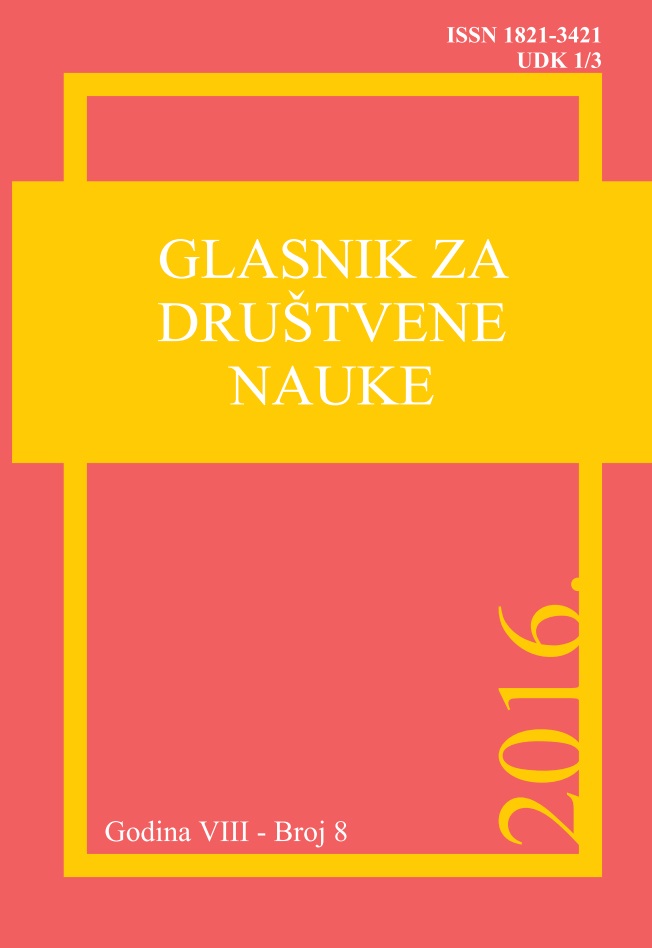
This paper deals with a relationship of morality and politics through time. Primarily, it indicates their tight alliance during ancient times, when politics sought to virtue, raising character, and did not act technically, but pedagogically. It is considered that Aristotle was the most important representative of this point of view. According to him, the state must aim to achieve the highest good and politics, as the science of the state, is the doctrine of the highest good. Politics strives for what is right, fair and useful for society as a whole. The new century brings a different concept of politics and accompanying political practice. Politics becomes a technique of government, and its main goal is to win and maintain power. On that path all means are permitted, even the repressive ones. Thus, politics is separated from morality. The basis of this view is found in the works of Machiavelli. According to Machiavelli, politics should not be exempted from the norms of conventional (individual) morality. Consequently, politics has its own morality, therefore the second part of the paper deals with the nature and characteristics of political morality. Afterwards, it considers the importance of the relationship between objectives and means, as well as the relationship between political regime and political morality. In the final part of the paper are shown the weakened connections, i.e. the gap between politics and morality in modern society, as well as the undeniable importance of ethics for the high-quality modern politics.
More...
The author successfully oposes the arguments of authors claiming that secession constitutes a legitimate remedy for different social and political wrongs perpetrated against the members of a minority group. He poses 2 key questions: How can secession as transfer of sovereignty and competence to a newly formed state constitute a remedy against the alleged wrongs that lead to the secession, and is secession the sole and most efficient means to remedy the above-mentioned wrongs? The author quotes defenders of secession, who claim that deliberate wrongdoing by the means of systematic repression, unequal distribution of power and resources in a particular state and inability of a group of population to control the decision- making bodies in a particular state are the problems that lead to the secession. He provides valid arguments that each of the above-mentioned problems may be solved in the ways that don’t encompass secession. The author lucidly points out that secession does not necessarily remove the problems which a stateless community may face. He also deals with the controversial views that secession may constitute a legitimate response to systematic violations of human rights of inhabitants of a particular state. The author provides sound arguments disputing Buchanan’s views that an authority loses the right to sovereignty if it systematically violates the rights, pointing out that in secession anarchy and lawlessness may replace one form of rule rather than the transfer of state’s sovereignty to the secessionist powers. He also rejects arguments of those who use Locke’s theory of natural right to revolt as an excuse for the secession.
More...